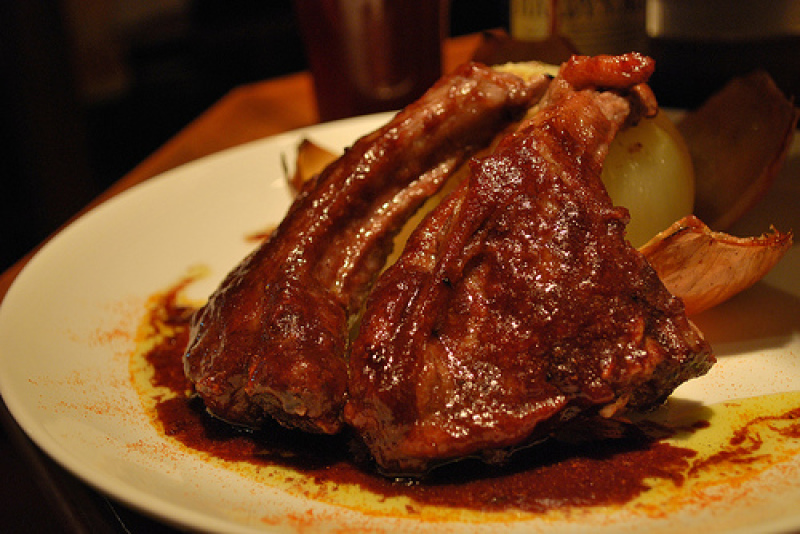
A recent medical study revealed that a sugar molecule found in red meat contributes to the development of cancer, according to Science World Report.
The study was conducted by a team of researchers from the San Diego School of Medicine of the University of California.
According to lead researcher Ajit Varki, red meat contains a molecule known as Neu5Gc. He explained that high concentrations of this molecule can lead to the formation of cancer tumors.
For the study, Varki and his team first analyzed various types of food and discovered that red meat such as beef, pork and lamb contain the most number of the cancer-causing molecules. They used lab mice as the main subject of the study.
To ensure the findings of their study, the researchers only fed the mice with the Neu5Gc-laden meat. No other cancer agents were used in the experiment, the UC San Diego Newsroom reported.
The researchers discovered that after consuming red meat, cancer tumors formed by the molecule began to appear in the mice.
"Until now, all of our evidence linking Neu5Gc to cancer was circumstantial or indirectly predicted from somewhat artificial experimental setups," Varki said in a press statement.
"This is the first time we have directly shown that mimicking the exact situation in humans - feeding non-human Neu5Gc and including anti-Neu5Gc antibodies - increases spontaneous cancers in mice," he added.
Varki noted that further studies are needed to officially confirm the cancerous effect of the molecule on humans. However, he pointed out that the study conducted on mice can shed light on the link between red meat and other types of diseases.
"The final proof in humans will be much harder to come by," he explained. "But on a more general note, this work may also help explain potential connections of red meat consumption to other diseases exacerbated by chronic inflammation, such as atherosclerosis and type 2 diabetes."
Despite the researcher's findings regarding the cancer-causing factors found in red meat, Varki mentioned that people can still consume red meat as long as it is done in moderation.
"Of course, moderate amounts of red meat can be a source of good nutrition for young people," he said. "We hope that our work will eventually lead the way to practical solutions for this catch-22."


















